Factors to consider when purchasing an amplifier
 Jun 18,2024
Jun 18,2024

 Shuoyi
Shuoyi
Power output: Choose the appropriate amplifier power based on your speaker power and usage scenario. Ensure that the output power of the amplifier matches the rated power of the speaker to avoid overload or insufficient power.
Audio quality: Pay attention to the audio quality of the amplifier, such as signal-to-noise ratio, distortion, and other parameters. Lower signal-to-noise ratio and higher distortion may affect sound quality.
Number of channels: Determine the number of amplifier channels you need, such as mono, dual, or multi-channel, to adapt to your audio system configuration.
Input Interface: Check if the amplifier has the input interface you need, such as RCA interface, HDMI interface, fiber optic interface, etc., to connect to your audio source device.
Compatibility: Ensure that the amplifier is compatible with your other audio devices, such as speakers, CD players, televisions, etc.
Brand and word-of-mouth: Study the amplifiers of different brands, understand their word-of-mouth and user reviews. Famous brands usually have more assurance in terms of quality and performance.
Price and Budget: Determine your budget range and search for cost-effective amplifier products within that range.
Additional features: Some amplifiers may have additional features such as Bluetooth connection, EQ adjustment, network connection, etc. Consider the importance of these features according to your needs.
Size and appearance: Consider whether the size and appearance of the amplifier are suitable for your placement space and personal preferences.

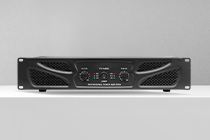
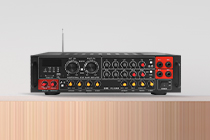
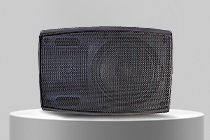


 Home
Home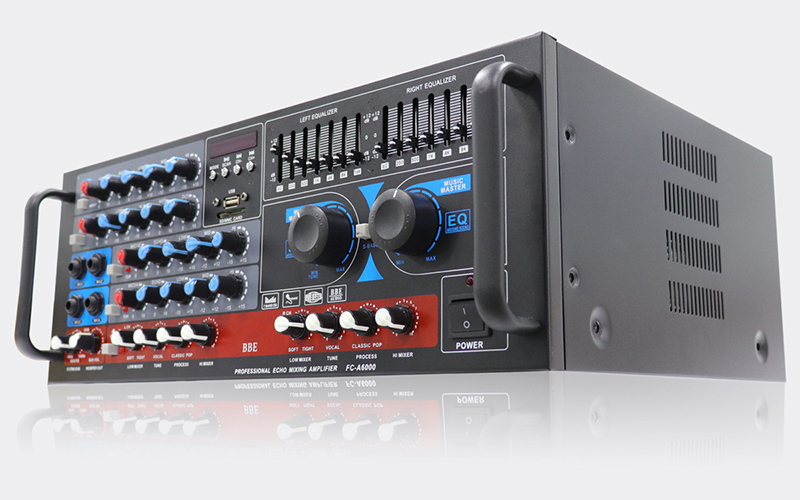
 What is the relationship between amplifiers and speakers?
What is the relationship between amplifiers and speakers?  You May Also Like
You May Also Like
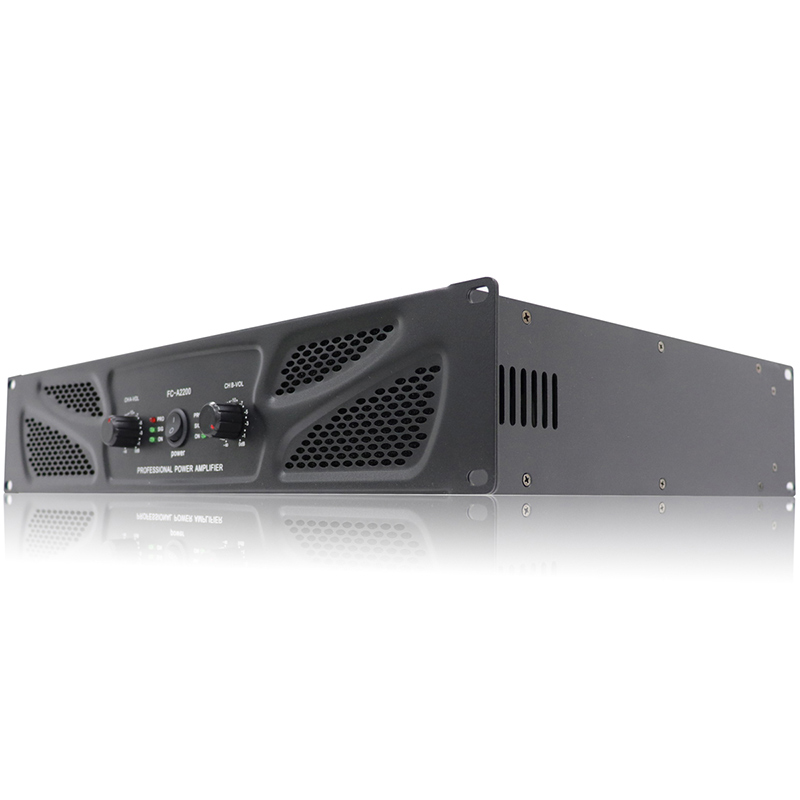

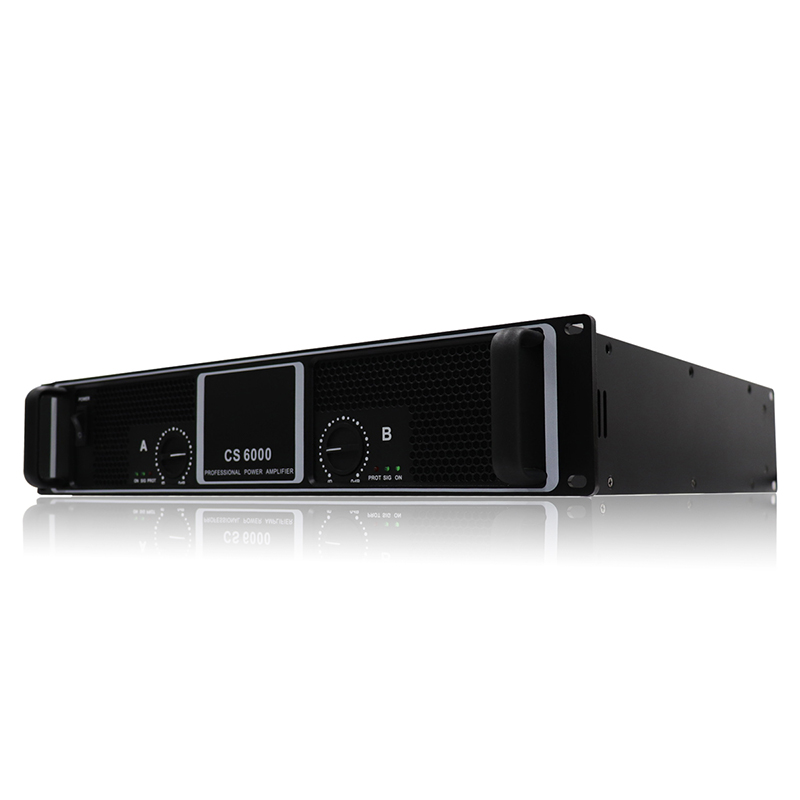
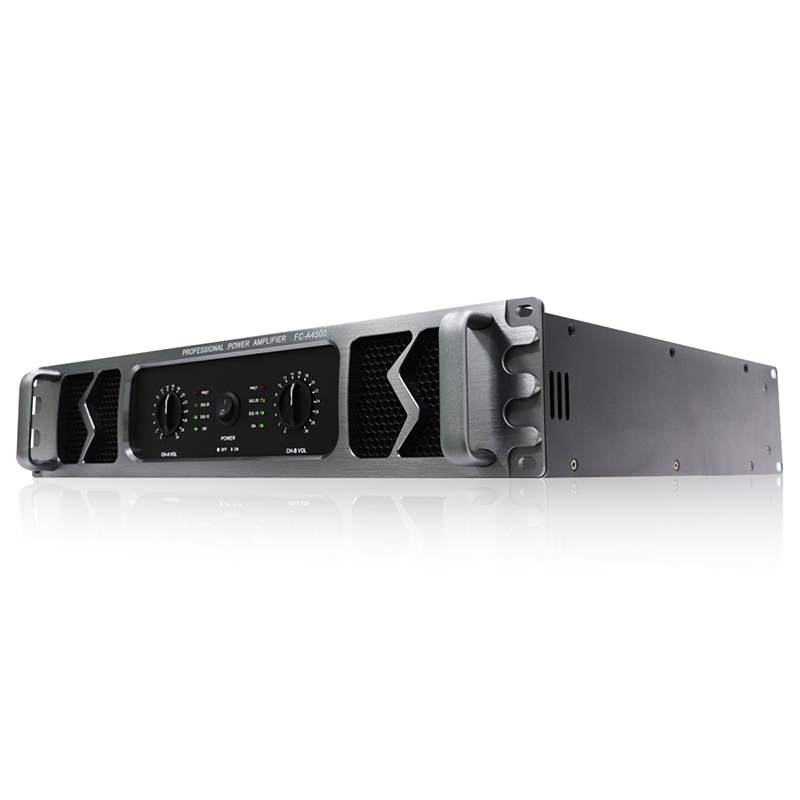
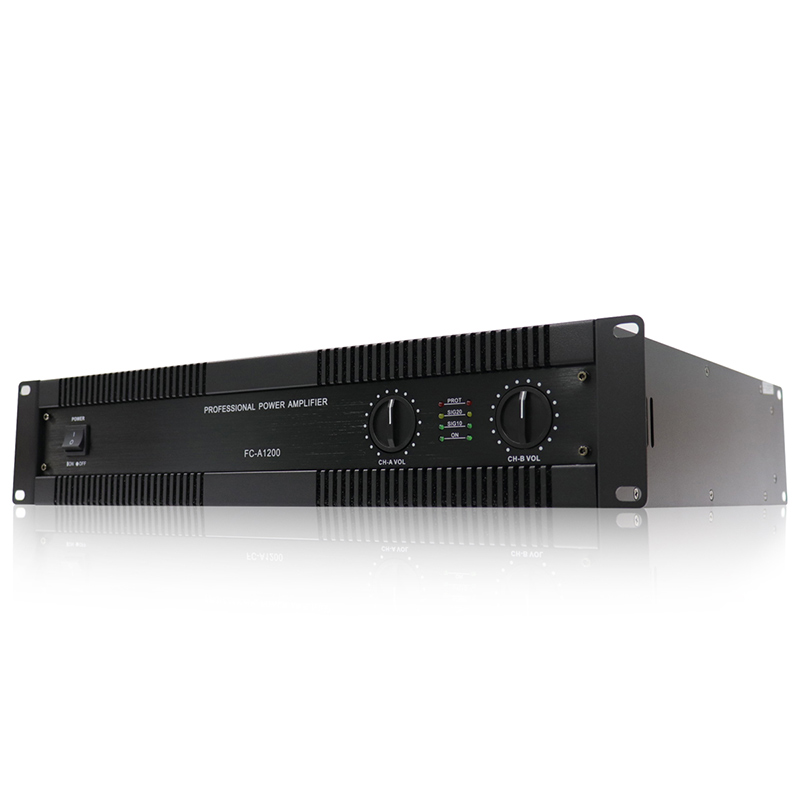
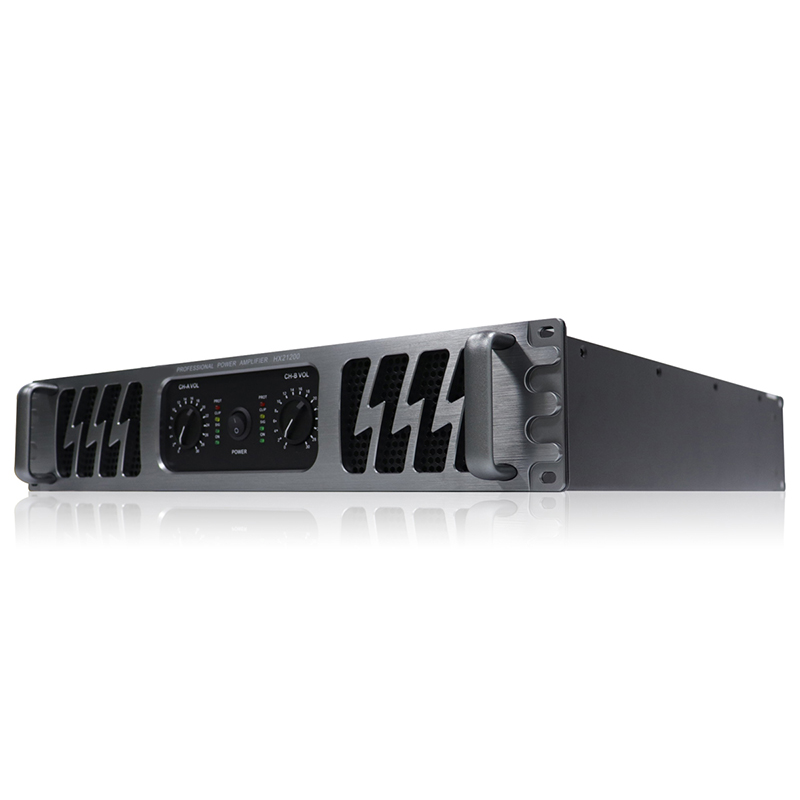
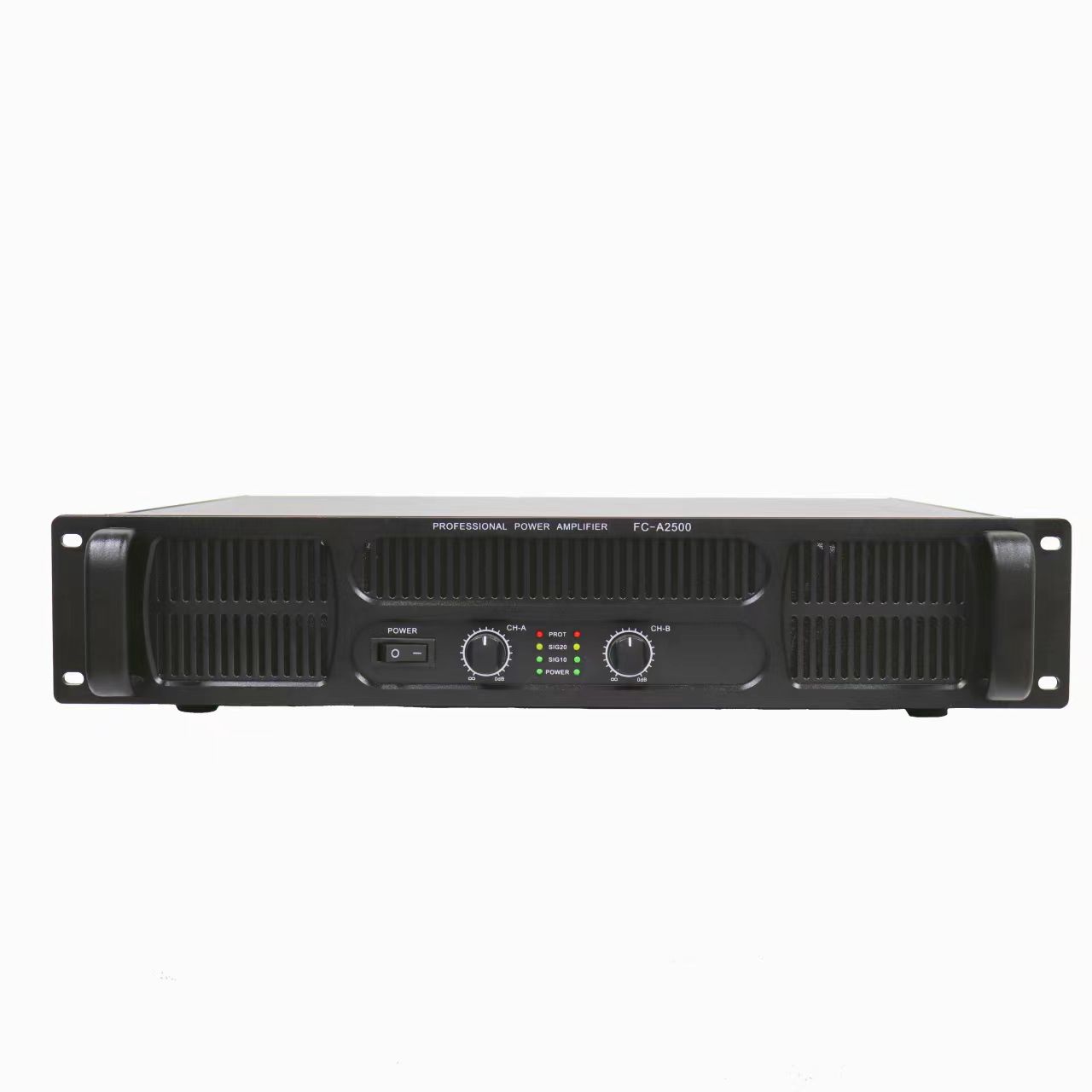
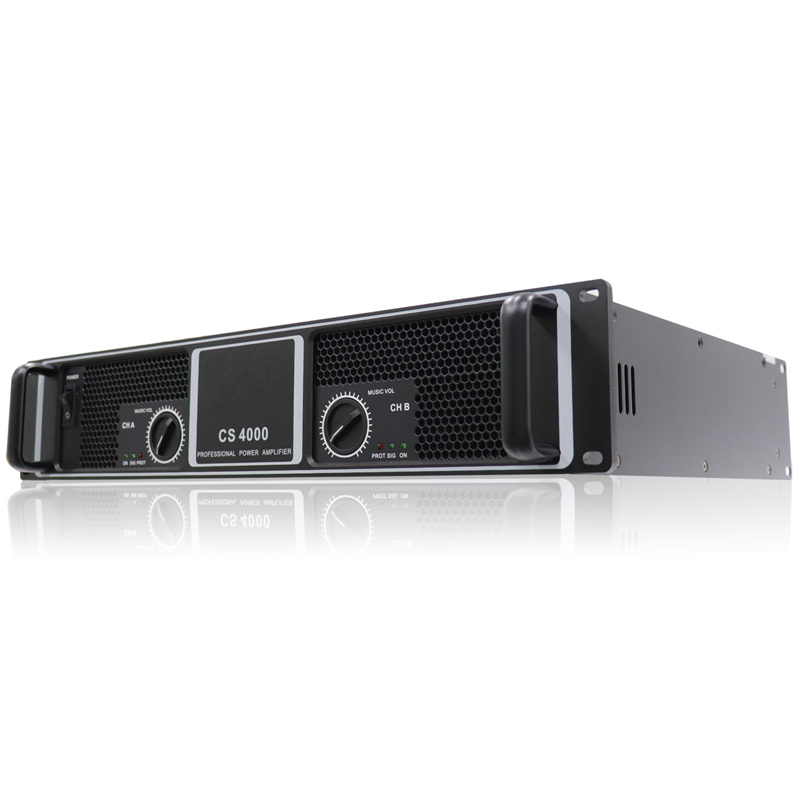
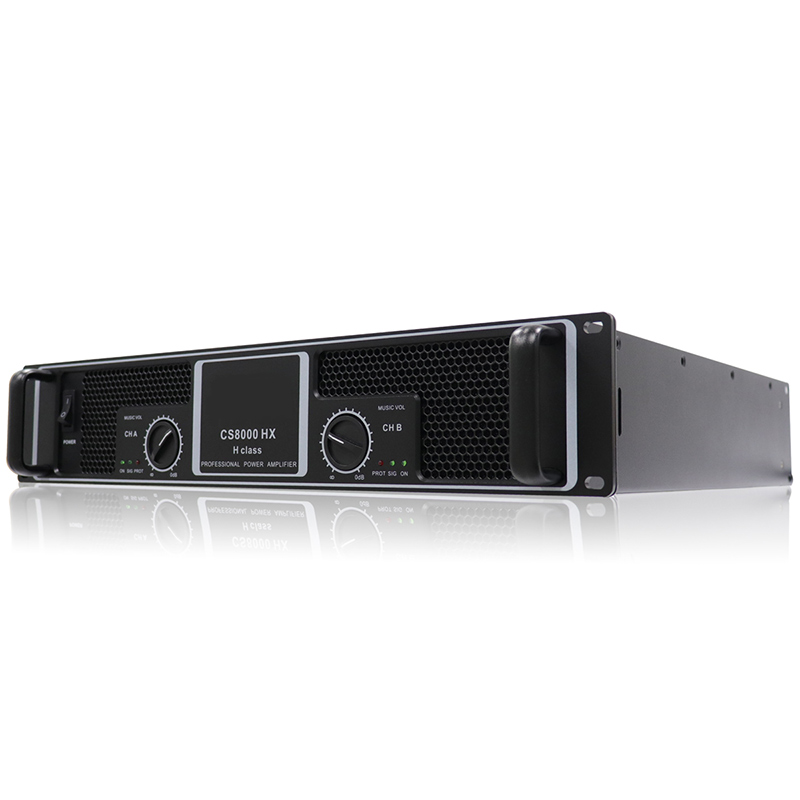

 Tel
Tel
 Email
Email
 Address
Address











